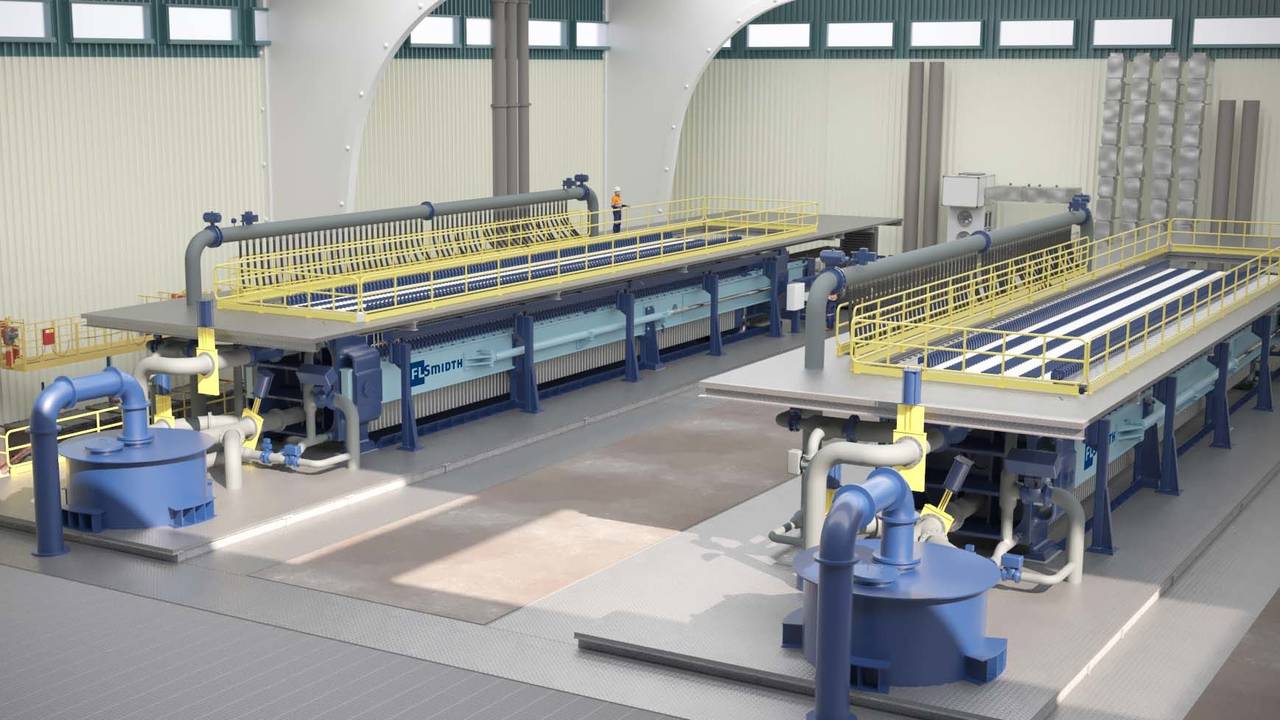
Automatic filter presses offer several benefits over manual or semi-automatic alternatives:
Increased Efficiency: Automatic filter presses are equipped with sophisticated automation systems that streamline the filtration process. They can operate continuously with minimal supervision, reducing the need for manual intervention and labor costs.
Higher Throughput: Due to their automated nature, automatic filter presses can handle higher volumes of slurry or wastewater compared to manual or semi-automatic options. This increased throughput can improve productivity and reduce processing time.
Consistent Filtration Performance: Automation ensures consistent operation and filtration results, minimizing variability in product quality or filtrate clarity. This reliability is particularly important in industries where product consistency is critical.
Reduced Operator Error: Automation reduces the risk of human error, resulting in more reliable filtration outcomes and fewer instances of equipment downtime or maintenance issues caused by operator mistakes.
Improved Safety: Automatic filter presses often feature advanced safety mechanisms and sensors to prevent accidents and ensure operator safety. These safety features can include interlocks, alarms, and automated shutdown systems in case of malfunctions or emergencies.
Space Savings: Automatic filter presses are typically designed to be compact and require less floor space compared to manual or semi-automatic alternatives. This can be advantageous for facilities with limited space availability.
Remote Monitoring and Control: Many automatic filter presses are equipped with remote monitoring and control capabilities, allowing operators to monitor filtration processes and adjust settings from a centralized location. This enables real-time troubleshooting and optimization, even from off-site locations.
Reduced Operating Costs: While automatic filter presses may have a higher initial investment cost, they often result in lower operating costs over time due to decreased labor requirements, reduced energy consumption, and improved process efficiency.
Environmental Benefits: By optimizing filtration processes and reducing the consumption of resources such as water and filter media, automatic filter presses can contribute to environmental sustainability efforts and compliance with regulations related to waste reduction and resource conservation.
Overall, the benefits of automatic filter presses include increased efficiency, reliability, safety, and cost savings, making them a preferred choice for many industrial filtration applications.
